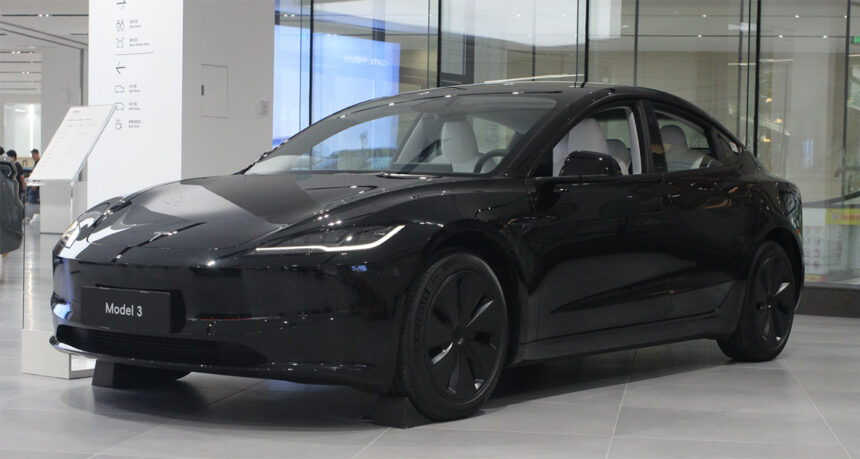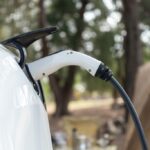The European Union and China have agreed to engage in further technical negotiations on potential alternatives to tariffs on China-made electric vehicles (EVs). These discussions come at a critical time, with additional tariffs set to take effect next week.
European Commission Executive Vice President and Commissioner for Trade Valdis Dombrovskis recently held a video call with Chinese Minister of Commerce Wang Wentao to address the EU’s investigation into imports of battery electric vehicles (BEVs) from China. The ongoing negotiations regarding price undertakings were also a key topic of discussion.
While both sides acknowledged the progress made in the eight rounds of technical negotiations, they also recognized the significant gaps that still exist. The European Commission emphasized the importance of finding a solution that promotes a level playing field in the EU market and is compliant with WTO regulations.
As a result, further technical negotiations will be conducted in the near future to explore potential alternatives to tariffs. The European Commission highlighted that under WTO guidelines, different companies involved in the investigation have the opportunity to offer price undertakings. This means that negotiations with individual exporters may also be pursued alongside discussions with the China Chamber of Commerce for Import and Export of Machinery and Electronic Products (CCCME).
The EU formally initiated an anti-subsidy investigation into EV imports from China on October 4, 2023, citing concerns about market distortion. In a recent vote, EU member states approved the imposition of tariffs on Chinese EVs, with the new tariffs scheduled to be implemented by October 31. These tariffs will be in addition to the existing 10 percent tariff already in place.
While preparations for the new tariffs are underway, the EU and China are actively exploring alternative solutions. Different EV manufacturers face varying tariff rates, with Tesla subject to a 7.8 percent tariff and other companies facing rates as high as 35.3 percent.
Following the release of the final investigation results on August 20, CCCME submitted a price commitment proposal to the European Commission on behalf of 12 EV manufacturers. Despite multiple rounds of consultations between technical teams from both sides, a mutually acceptable solution has yet to be reached.
CCCME has expressed concerns about the European Commission conducting separate negotiations with individual car companies, which they believe could compromise the integrity of the discussions and erode mutual trust. Moving forward, both the EU and China are committed to finding a resolution that addresses concerns about fair competition and trade practices in the EV market.






